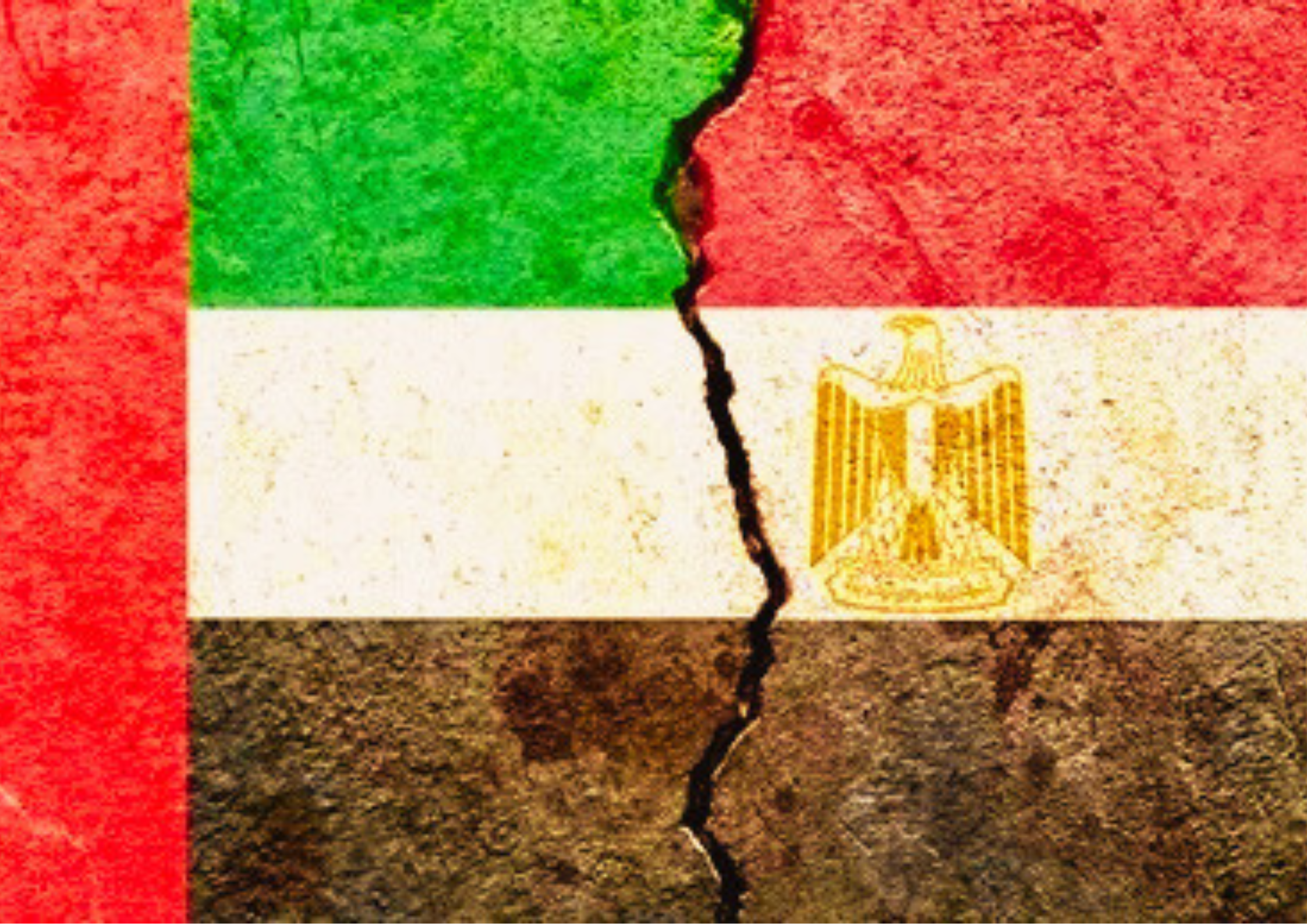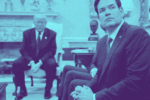Trump’s Sudan gamble: struggles to bridge rifts between Egypt and the UAE
2 September 2025
The Trump administration is pursuing a complex strategy to navigate Sudan’s devastating war, seeking a settlement that balances the conflicting interests of its allies, Egypt and the United Arab Emirates (UAE). Multiple sources confirmed to Ayin that Qatar is working with Washington on a proposal modelled on the Rwanda—Congo peace deal, one that would package political compromise with economic incentives.
The approach reflects Washington’s wider attempt to mediate between Cairo, which firmly backs the Sudanese Armed Forces (SAF), and Abu Dhabi, accused of heavily arming and financing the paramilitary Rapid Support Forces (RSF).
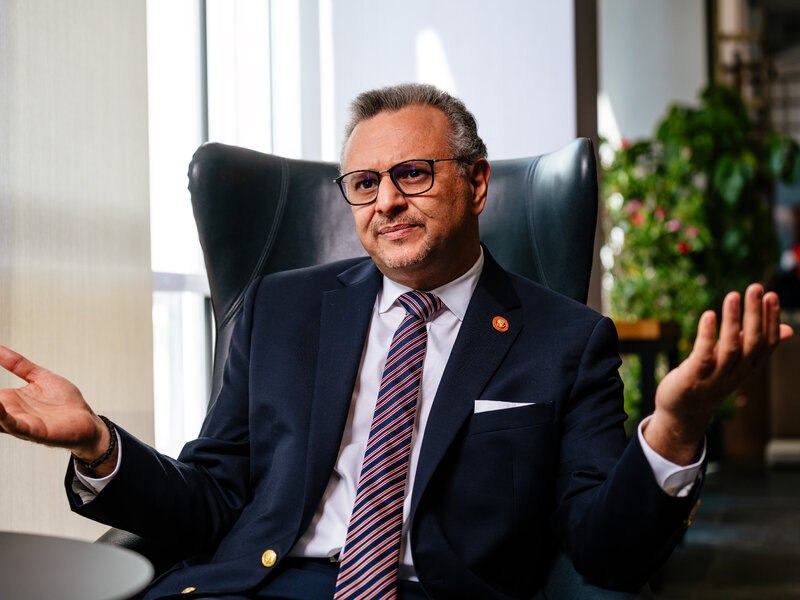
Burhan-Boulos
On August 11, 2025, Sudanese Army Commander Lt-Gen Abdel Fattah al-Burhan met with Mossad Boulos, the US Special Envoy to Africa, for a three-hour meeting in Switzerland. International media outlets reported the meeting before the two parties made an official announcement.
“Those involved in the Sudanese file on behalf of the US administration believe that the ball is in Burhan’s court regarding the implementation of US demands to stop the war in Sudan,” a former Sudanese diplomat at the African Union told Ayin. The diplomatic source also added that talks over a permanent ceasefire between the two warring factions – the national army and the paramilitary Rapid Support Forces – were discussed in detail.
The physical meeting between Burhan and Boulos was the third of its kind, after two prior virtual meetings, according to a government source from the Sudanese Council of Ministers in Port Sudan. “Al-Burhan discussed with Masoud Boulos a roadmap to end the war in Sudan and revive the political process, independent of the establishment of two governments there,” the source added.
The discussion also touched on both Sudan’s war and its regional implications, particularly issues around the Red Sea and counter-terrorism, says Kholood Khair, founding director of the Confluence Advisory think tank. However, the talks yielded no humanitarian breakthroughs. “I don’t think there was any resolution – we haven’t seen, for example, any moves to open up humanitarian access.”
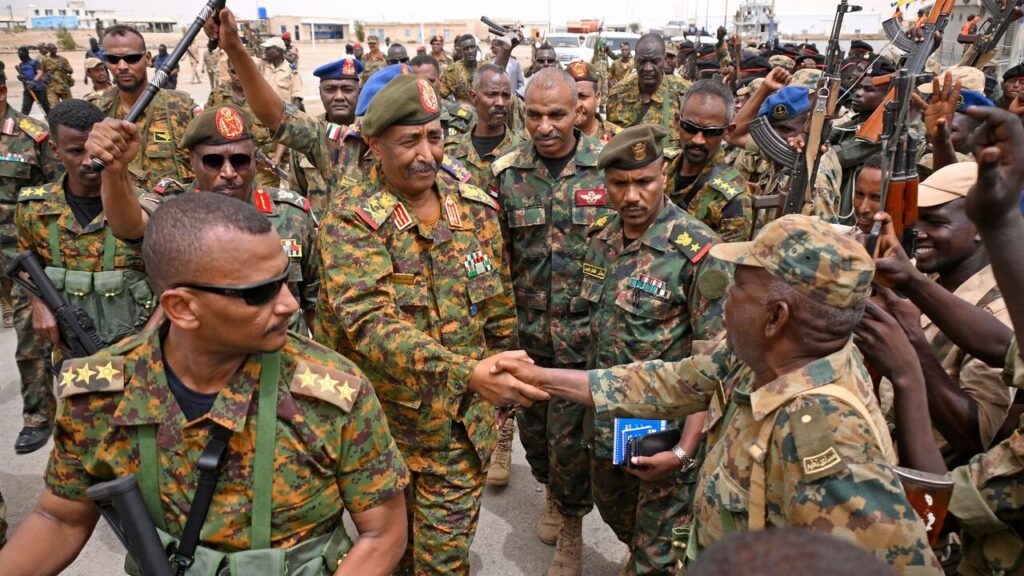
Qatar’s role and the Burhan-Boulos meeting
Sources revealed that a discreet meeting in Switzerland was arranged through Qatari channels. The Qatari government is working with the State Department to reach a peace deal in Sudan similar to the deal between Rwanda and the Democratic Republic of Congo, which includes economic incentives.
The logistical details underline Doha’s operational role. Sources confirmed that the Qatari Amiri Flight Airbus A319, registration number A7-MHH, flew from Port Sudan to Switzerland, then returned to Port Sudan before continuing to Qatar.
Still, Washington is cautious to avoid signalling recognition of either warring authority. “The US sees this meeting as part of their engagement with warring factions and opening communication lines but it’s not to legitimise the de facto government in Port Sudan nor the government the RSF is about to establish,” a diplomatic source told Ayin.
Diplomatic sources also confirmed to Ayin that the UAE blocked a US attempt to add Qatar and Turkey to the quadripartite committee (US, Saudi Arabia, UAE, and Egypt) tasked with advancing peace in Sudan. According to the sources, Abu Dhabi’s objection stems from its reluctance to see a stronger pro-SAF and anti-RSF presence in the talks, as it views both Qatar and Turkey as leaning more toward the Sudanese Army.
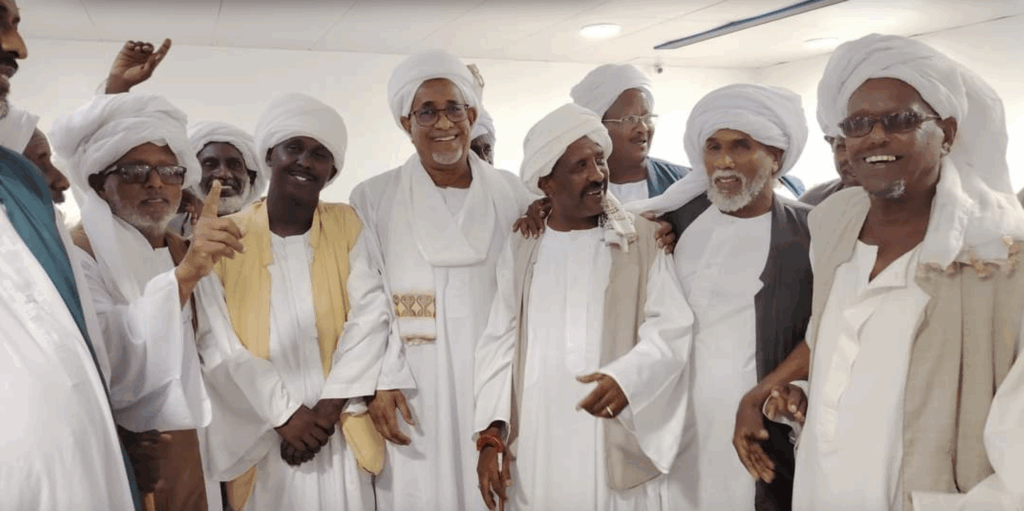
Islamist removals
Following his return on a Qatari plane from Switzerland, the Sudanese army commander sent five military leaders linked to the Islamists under the former ruling National Congress Party into retirement, says military analyst Mohamed Jadallah. “Based on the results of the meeting with the American advisor, Burhan was able to implement the promotion and retirement decisions, which had been stalled for two months due to internal disputes,” Jadallah said.
The dismissal decisions included Air Force Commander Lieutenant General Pilot Taher Mohammed Al-Awad Al-Amin. The European Union had previously imposed sanctions on al-Awad, accusing him of responsibility for what it described as “indiscriminate aerial bombardment of densely populated residential areas since the beginning of the conflict.”
Amir Al-Hajj, a researcher in strategic affairs and international relations, believes that the meeting in Switzerland between Burhan and Boulos discussed “reducing the influence of Islamists” within the Sudanese army, but not in a “radical” manner. Burhan still needs the Secretary-General of the Islamic Movement, Ali Karti, and the head of the former ruling National Congress Party, Ahmed Haroun, given their significant military influence and support on the battlefield.
Further, the dismissal of senior officers linked to the Karti and Haroun Islamist factions does not mean the end to the army-controlled government’s connections to the Islamist movement, says democracy and peace researcher Mujahid Ahmed. “The Islamists’ presence is not limited to the army alone but rather extends to their focus on civilian institutions in the ministries of foreign affairs and justice, particularly in Kamal Idris’s government.”
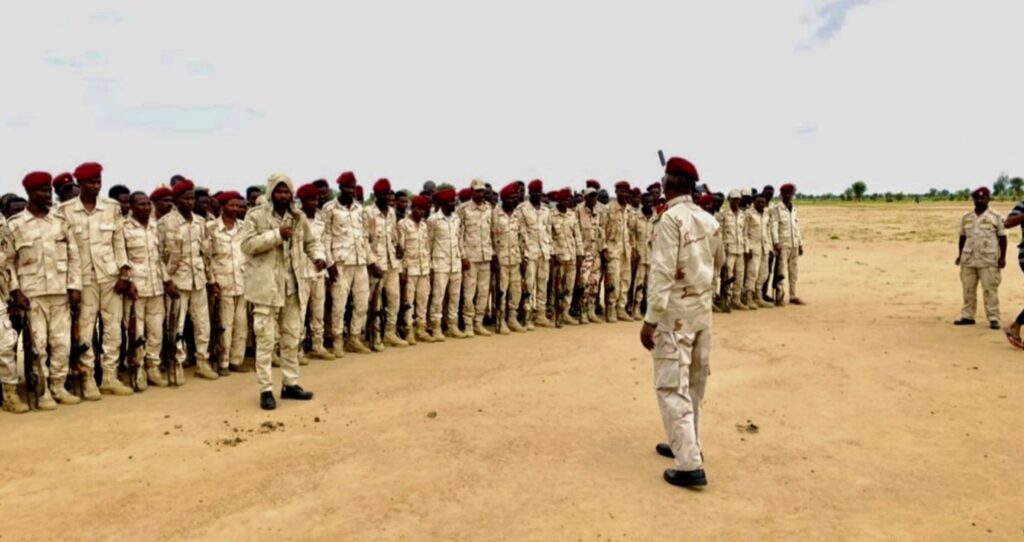
Regional rivalry
While the meeting provided Washington with a diplomatic channel to Burhan, the broader effort to reconcile its regional allies remains stalled. The planned Washington meeting with the foreign ministers of Egypt, the UAE, and Saudi Arabia was postponed several times, suggesting the Trump administration has not yet found common ground.
Khair emphasised that an irreconcilable split between Egypt and the UAE continues to hinder Washington’s efforts. Egypt insists the SAF must remain central to any post-war political order, while the UAE demands the opposite. She noted that an earlier attempt to convene Egyptian, Emirati, and Saudi diplomats in Washington collapsed. Without a minimum consensus, even areas where they shared interests—such as counter-extremism or regional security—failed to progress.
Broader regional conflicts—particularly the Israel-Iran confrontation—are feeding into Sudan’s war, with the UAE framing SAF as a “terrorist-supporting actor” given Iran’s support to the national army, she said. Meanwhile, Saudi Arabia’s Red Sea interests and Egypt’s Nile concerns put them at odds not only with each other but also with Abu Dhabi’s ambitions.
Washington, she added, lacks the staff and resources to handle Sudan’s complexity. The danger is that the administration falls back on a familiar formula—prioritising strongman politics and backing a single military actor in pursuit of short-term stability. Khair warned this would be a mistake in Sudan’s fragmented security landscape.
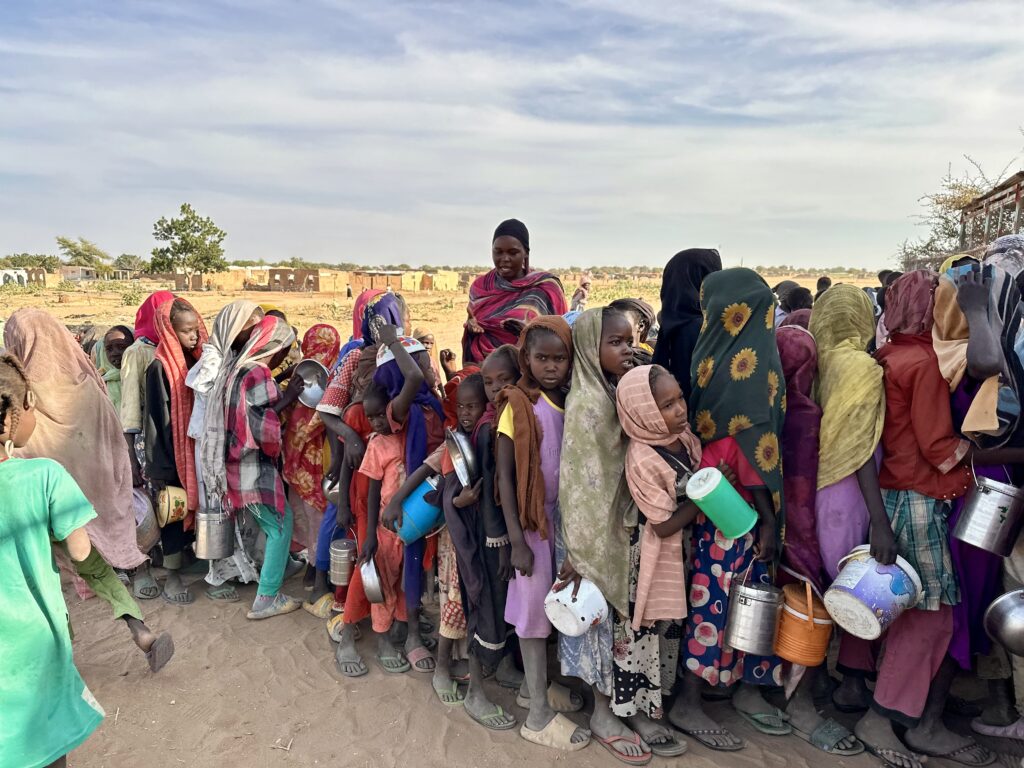
No middle ground
The Trump administration’s Sudan strategy remains in limbo. The Burhan-Boulos meeting in Switzerland gave Washington a diplomatic channel and allowed Qatar to demonstrate its value as a broker. But the postponed Washington gathering of Egyptian, Emirati, and Saudi foreign ministers underscores the fundamental problem: Cairo and Abu Dhabi’s visions for Sudan are incompatible.
Khair emphasised that without justice and genuine security reforms, peace will not last. “Any kind of quick fix or securitised deal that only looks after American interests will be very short term. It will be very weak. It won’t have much local ownership.” She noted that a limited power-sharing agreement is unsustainable in Sudan’s current highly ethnicised and weapon-filled war. For now, the United States is still searching for middle ground between its allies, even as Sudan’s war deepens under the weight of clashing agendas.


